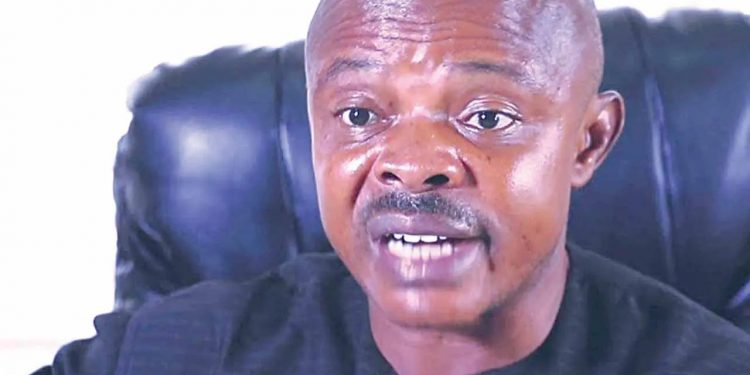The Nigeria Labour Congress (NLC) has criticized the International Monetary Fund (IMF) for distancing itself from the Nigerian government’s recent decision to remove fuel subsidies. NLC National President Joe Ajaaero described the IMF’s denial as cynical and indicative of a broader trend where the IMF and World Bank impose harsh economic policies on developing nations.
In a statement released on Sunday, Ajaaero condemned the IMF for framing its harmful recommendations as growth strategies. These strategies, he argued, have exacerbated socioeconomic challenges and stagnation in Nigeria and other nations that have followed similar advice.
During the IMF and World Bank Annual Meetings in Washington, D.C., Abebe Selassie, the IMF’s African Region Director, characterized the subsidy removal as a domestic issue. The NLC responded by highlighting the IMF’s role in shaping policies in developing countries, stating, “The IMF’s recent statement shows evasion, claiming Nigeria’s subsidy removal was a ‘domestic decision,’ while ignoring its significant influence on policy-making.”
The NLC further expressed alarm at the IMF’s denial, asserting that it reflects troubling policies imposed on Nigeria. “Nigerians are not naive; we recognize the destructive effects of its harmful strategies on Nigeria and Africa,” the statement read.
The NLC also raised concerns about the social costs of the IMF and World Bank’s policies. Although the IMF acknowledges these costs, it suggests governments mitigate them through expanded social protections, which often leave citizens dependent on ineffective initiatives. In Nigeria, the removal of subsidies and rising prices have rendered essential goods unaffordable, while the government’s social safety nets remain inadequate.
The disconnect between IMF recommendations and Nigeria’s reality underscores significant oversights in the fund’s economic policy. By distancing itself from the subsidy removal, the IMF displays inconsistency, urging austerity while avoiding responsibility for the resulting hardships.
The NLC emphasized the need for Nigeria and other developing countries to reclaim their economic sovereignty and resist externally imposed policies that fail to account for local contexts. “We hope our economic leaders recognize that when crises occur, the IMF and World Bank will distance themselves, leaving the government to bear the burden,” they stated.
The NLC called for policies that genuinely address the needs of Nigerians, advocating for growth, social welfare, and equity over austerity measures that deepen economic struggles and social unrest. “We urge the World Bank and IMF to stop stifling our nation so we can breathe freely. They have become a significant challenge for us, and we may soon be compelled to demand their complete withdrawal from Nigeria,” the NLC warned.
Finally, the NLC implored the IMF to adopt honesty and transparency, calling on the institution to acknowledge its role in Nigeria’s economic challenges.










